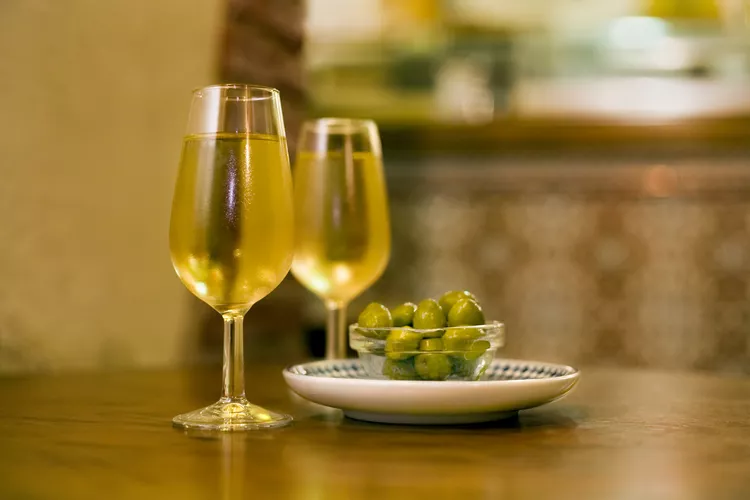Summary of White Wines in Spain
Spain is usually best known for its red wines over its whites; however, there are a few exquisite white wines that come from this vibrant country. When vacationing in Spain, should you wish to take a break from red wine, consider sampling the delightful Ruedas, refreshing white Riojas, sherry, cava, Basque, and Galician whites. Understanding these wines can enrich your experience.
Rueda Region
Among the most renowned white wines in Spain are those crafted in the Rueda region, situated within the Castilla y Leon wine-growing area. Key cities in this region include Valladolid, Segovia, and Avila. Interestingly, the term Rueda translates to “wheel” in Spanish.
The principal grape variety used in Rueda wines is the Verdejo grape, often blended with Sauvignon Blanc. These wines have gained significant commercial success, partly due to a clarification method that utilizes local clay.
Historically, the first documented winemaking in this area traces back to the 11th century when King Alfonso VI allocated land to settlers in a recently regained territory. Many individuals and monastic orders took advantage of this opportunity, establishing monasteries complete with their own vineyards.
The Other Rioja: White Rioja
While La Rioja is predominantly celebrated for its red wines, it also produces some commendable white varieties. White Rioja, or Rioja Blanco, primarily consists of Viura grapes (also known as Macabeo), typically blended with some Malvasía and Garnacha Blanca. In these white wines, Viura contributes mild fruitiness and acidity, while Garnacha Blanca imparts body, and Malvasía adds aromatic complexity.
Hence, visitors can experience and sample white Rioja directly from the vineyards where it is produced.
Other Popular White Wines
Although you may not have realized that Spain produces exceptional white wine, you might already own a bottle, as sherry and cava are classic examples from this region.
Sherry is a fortified wine originating from the city of Jerez in Andalusia. The area’s viniculture has a rich history, dating back to when the Phoenicians introduced winemaking techniques in 1100 B.C. The Romans later enhanced these traditions, and the Moors introduced distillation in A.D. 711, which led to the creation of both brandy and fortified wine. The name “sherry” originates from the Arabic pronunciation of Jerez, known as “Sherish.”
Cava, often regarded as Catalonia’s answer to French champagne, offers a delightful sparkling experience at a significantly lower price point compared to its French counterpart.
Additionally, the Basque txakoli, which once faced criticism, is now experiencing a resurgence in production quality, alongside Ribeiro, a notable Galician region well-known for its superb white wines.
Experience White Wines in Spain
Spanish vineyards are often not easily accessible, and even when they welcome tourists, the emphasis typically remains on red wines. Should you enjoy cava, guided tours are available, such as the Montserrat and Cava trail tour. Alternatively, in Andalusia, you may explore sherry by visiting bodegas in Jerez or participating in regional tours.
For those seeking an expansive exploration of Spain and Portugal’s wine regions, consider joining wine tours that cover Rueda, Galicia, and northern Portugal, all celebrated for their exquisite white wines.




